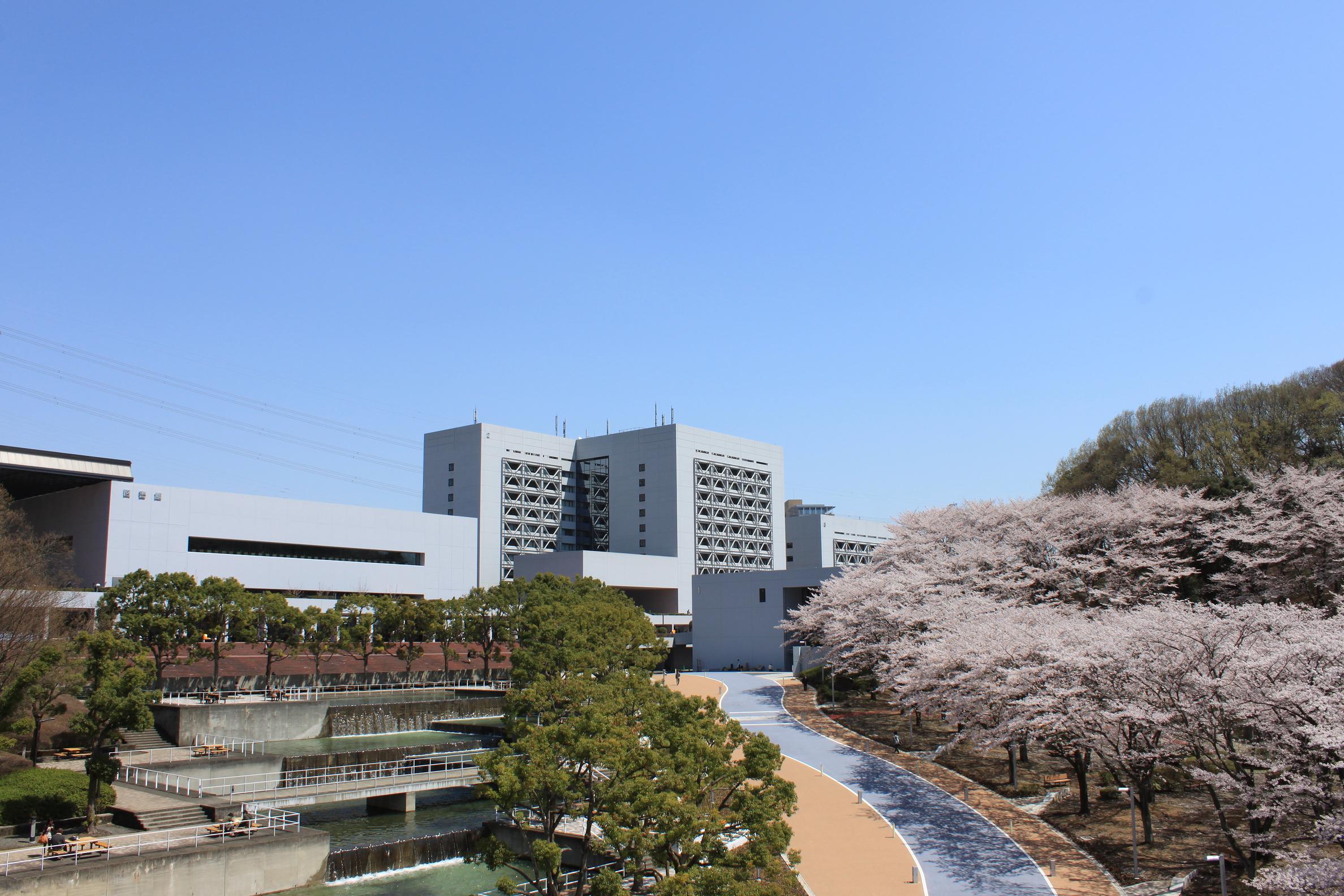Chuo University, Japan Women's University, and Tohoku University have announced the results of their joint research on "Intracerebral processing of categorical color perception in infants" to explore the pre-language brain mechanisms of babies.Overturning the conventional hypothesis, we discovered that even babies who do not understand the language have brain activity that recognizes and distinguishes colors.
The "Sapia-Wharf hypothesis" that perception and thinking are influenced by words is a hypothesis that has been pervasive in many fields such as psychology, linguistics, and cultural anthropology.In response to the idea that "color perception is also determined by words" advocated by that hypothesis, research teams at Chuo University, Japan Women's University, and Tohoku University are the first in the world to prove the existence of a color category in infants who do not understand words. Did.In other words, research has revealed that there is brain activity corresponding to "categorical color perception *" that can recognize and distinguish colors even in infancy when you do not understand words, and its neural basis is in the posterior temporal region. became.This was a discovery that overturned the conventional "Sapir-Worf hypothesis".
In the experiment, we investigated the presence or absence of intracerebral processing related to categorical color perception using near-infrared spectroscopy (NIRS), which easily penetrates living cells, for infants before language acquisition. I did.The specific method is to measure the cerebral blood flow response in the posterior temporal region by NIRS when the baby observes the two-color change in the same green category and the two-color change in different categories of blue and green.The results showed stronger brain activity when observing different color changes in blue and green compared to changes in the same green category.It was also confirmed that similar cerebral blood flow responses existed in adults who acquired language, and there was intracerebral processing related to categorical color perception regardless of language acquisition, and it was independent of the language system. It was proved that.
* Categorical color perception is a perception phenomenon in which multiple slightly different colors are grouped into the same category and given a color name for recognition.Even if the colors are slightly different, some greens are recognized as the same "green" category.



